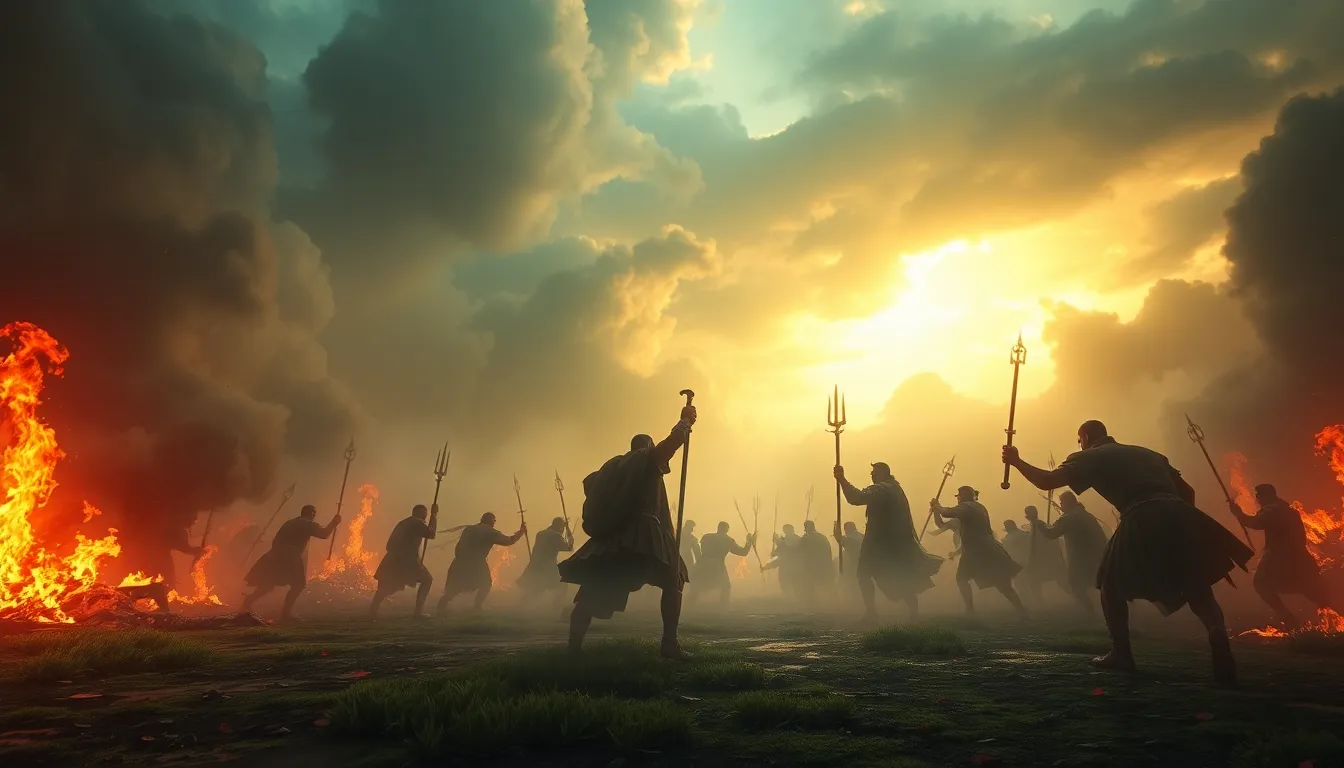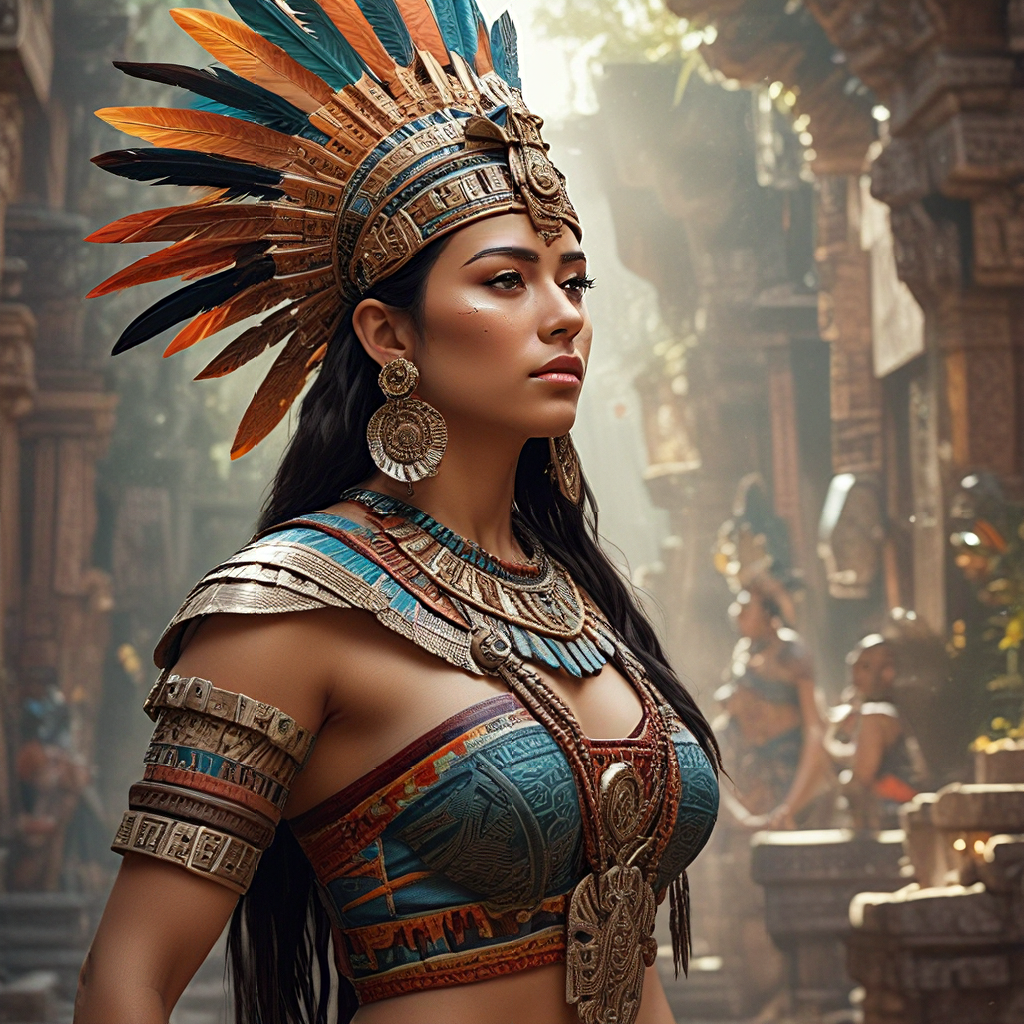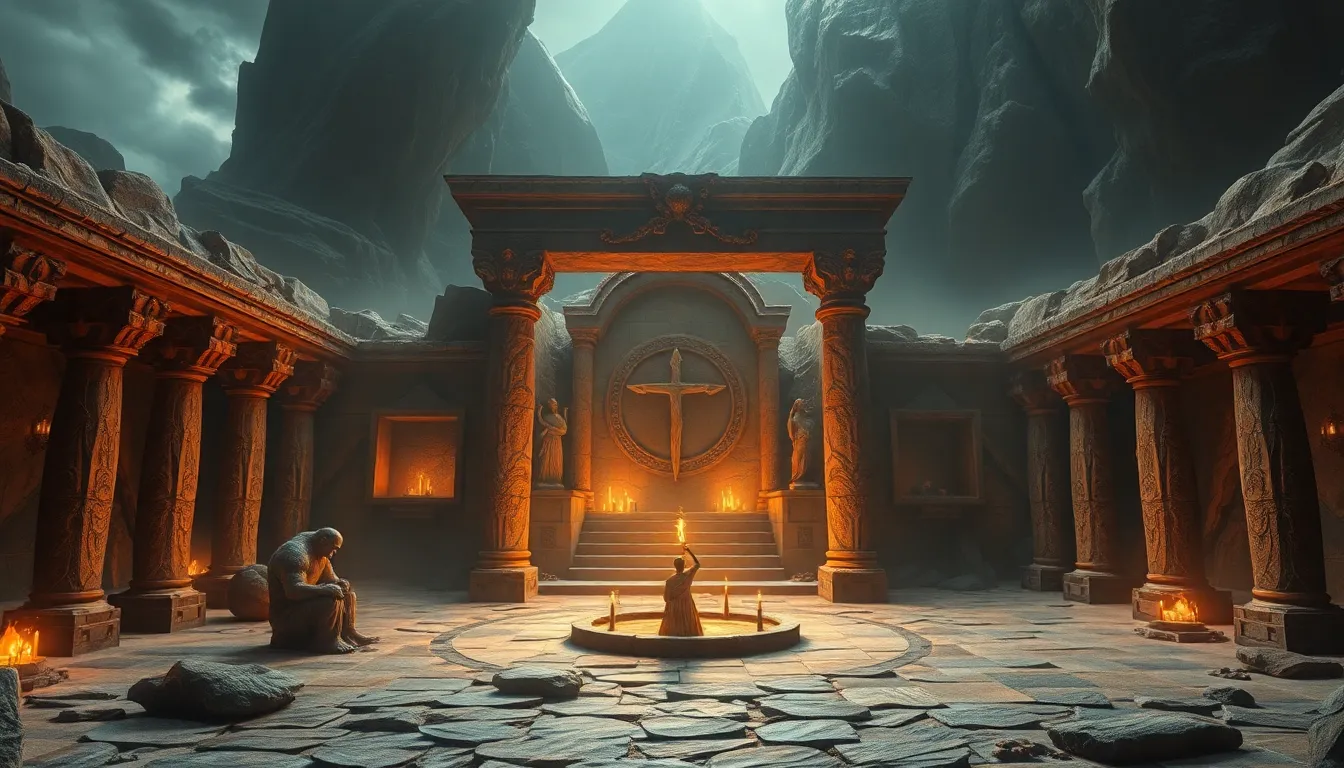Cultural Hero Myths: The Stories That Shape Our Aspirations
Introduction to Cultural Hero Myths
Cultural hero myths are foundational narratives that articulate the values, aspirations, and ideals of a society. These myths often feature larger-than-life characters who embody virtues such as bravery, wisdom, and sacrifice. They serve as both mirrors and molds for the cultures they stem from, reflecting societal beliefs while simultaneously shaping individual aspirations.
Across different cultures, hero myths have significant roles in education, moral development, and identity formation. Through storytelling, communities pass down lessons and ideals, creating a shared understanding of what it means to be a hero.
The Archetype of the Hero: A Psychological Perspective
Carl Jung, the renowned psychologist, introduced the concept of archetypes—universal symbols and themes that reside in the collective unconscious. The hero archetype is one of the most prominent, representing the struggle against formidable challenges and the quest for self-discovery.
In Jungian psychology, heroes are not merely characters in stories; they represent facets of our own psyche. The trials and tribulations faced by heroes resonate with our personal journeys, allowing individuals to explore their identities and aspirations through the lens of these narratives.
Historical Context: The Evolution of Hero Myths
Hero myths have evolved significantly over time, rooted in ancient civilizations. For example:
- Gilgamesh: This Sumerian king embarked on a quest for immortality, showcasing humanity’s struggle against death.
- Hercules: In Greek mythology, Hercules represents strength and bravery, completing twelve labors that test his character.
As societies transitioned through the Middle Ages into modern times, hero narratives adapted to reflect changing values and contexts. The Renaissance introduced humanist ideals, while the Enlightenment emphasized reason and individualism, impacting how heroes were portrayed in literature and art.
Cultural Variations: Heroes Across the Globe
Hero myths vary greatly across cultures, influenced by their unique histories, struggles, and values. Comparing several cultures reveals distinct characteristics of their heroes:
- American Heroes: Figures like George Washington and Martin Luther King Jr. symbolize ideals of freedom and justice.
- Greek Heroes: Characters such as Odysseus and Perseus showcase intelligence and bravery in overcoming divine and earthly challenges.
- Indigenous Heroes: Many Indigenous cultures feature heroes who embody a deep connection to nature and community, such as Coyote in Native American mythology.
These variations highlight how cultural backgrounds influence what societies value in their heroes, showcasing the diversity of heroism across the globe.
Modern-Day Heroes: From Folklore to Pop Culture
In contemporary society, heroes have transitioned from traditional folklore to modern media and entertainment. The rise of superheroes in comic books and films exemplifies this shift, with characters like Spider-Man and Wonder Woman embodying ideals of courage and resilience.
Social media plays a critical role in shaping modern hero narratives, allowing individuals to share stories of everyday heroism, activism, and advocacy. Platforms such as Twitter and Instagram have given rise to new heroes who fight for social justice, environmental causes, and community well-being.
The Hero’s Journey: A Narrative Framework
Joseph Campbell’s concept of the monomyth, or the “Hero’s Journey,” outlines a common narrative arc found in many hero myths. The framework consists of stages such as:
- Call to Adventure
- Meeting the Mentor
- Facing Trials
- Achieving the Goal
- Return with the Elixir
Popular narratives that exemplify this structure include:
- Star Wars: Luke Skywalker’s journey from a farm boy to a Jedi Knight.
- Harry Potter: Harry’s evolution from an orphaned child to a powerful wizard.
This narrative framework resonates with audiences because it mirrors the challenges and triumphs of our own lives, reinforcing the hero’s role in personal aspiration.
The Impact of Hero Myths on Personal Aspirations
Individuals often identify with heroes, which can significantly influence their personal goals and aspirations. This identification fosters motivation, encouraging individuals to pursue their dreams and overcome obstacles. Hero myths provide not only an ideal to strive toward but also a framework for understanding struggles and victories in one’s own life.
The relationship between societal expectations and personal heroism is complex; while society often celebrates traditional hero figures, individuals must navigate their unique paths to heroism. This personal journey may involve redefining what it means to be a hero in the face of contemporary challenges.
Critiques of Hero Myths: Deconstructing Idealism
Despite their positive aspects, traditional hero myths have flaws and limitations. Many narratives glorify unrealistic ideals that can create unattainable standards for individuals. This idealism may lead to:
- A sense of failure when personal aspirations do not align with mythologized heroics.
- A potential disregard for the complexities and nuances of real-life heroism, which often involves moral ambiguity and imperfection.
Recognizing these shortcomings is essential for fostering a more realistic understanding of heroism, one that embraces vulnerability and authenticity.
Reimagining Heroes: Inclusivity and Diverse Narratives
The landscape of hero myths is increasingly shifting toward inclusivity and representation. This evolution is crucial for creating narratives that resonate with diverse audiences. Highlighting unsung heroes and alternative narratives challenges the status quo, broadening the definition of heroism.
Contemporary stories often feature heroes from various backgrounds, showcasing a range of experiences and struggles. This diversity allows for a richer tapestry of hero narratives that reflect the complexities of modern society.
Conclusion: The Future of Cultural Hero Myths
As we move forward, cultural hero myths continue to hold relevance in shaping our aspirations and values. They provide a framework for understanding our place in the world and inspire us to strive for greatness in our own lives.
It is essential for individuals to find and create their own hero narratives, embracing both traditional and contemporary elements. By doing so, we can cultivate a more inclusive understanding of heroism that empowers everyone to pursue their dreams and contribute positively to society.



